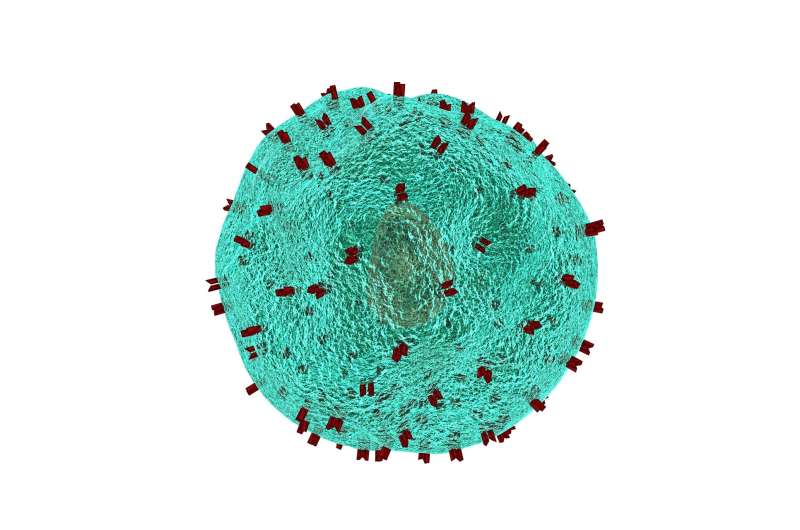
Cisgender sexual minority men and transgender women are aware of pre-exposure prophylaxis (PrEP), a daily pill for HIV-negative people to prevent HIV infection, but few are currently taking it, according to researchers at Rutgers.
The study, published in the journal AIDS and Behavior, surveyed 202 young sexual minority men and transgender women—two high-priority populations for HIV prevention—to better understand why some were more likely than others to be taking PrEP.
According to the Centers for Disease Control and Prevention, sexual minority men are the community most impacted by HIV, making up 69 percent of all new diagnoses in 2018, and transgender populations are disproportionately affected by HIV and prevention challenges. While Black and Hispanic/Latinx populations are mostly likely to be newly diagnosed with HIV, PrEP users are more likely to be white.
The researchers, who are part of the Rutgers School of Public Health’s Center for Health, Identity, Behavior and Prevention Studies (CHIBPS), found that while 98 percent of the study’s participants were aware of PrEP, less than 25 percent were currently taking it.
“It was surprising that so few participants were using PrEP, but we were happy to see that there were no racial or ethnic disparities in who was using it,” said study coauthor Caleb LoSchiavo, a doctoral candidate at the Rutgers School of Public Health. “I think the study results point to the effectiveness of local efforts to increase the use of PrEP for those who need it most.”
While the study found unexpected equity in PrEP use, it also pointed to racial and ethnic differences in factors associated with its use. White participants’ likelihood of using PrEP increased with age and decreased if they reported concerns about daily medication use. However, participants of color were more likely to take PrEP if they received information about the HIV prevention pill from a health care provider and if they had more positive beliefs about its use.
“Our study highlights the importance of clinicians in expanding the use of HIV prevention methods like PrEP among those who need it most, both through informing their patients about PrEP and through combating stigmatizing beliefs about PrEP use,” said senior study author Perry N. Halkitis, dean of the Rutgers School of Public Health and director of CHIBPS.
The study underscores the importance of PrEP education in clinical settings, the researchers said.
Source: Read Full Article
